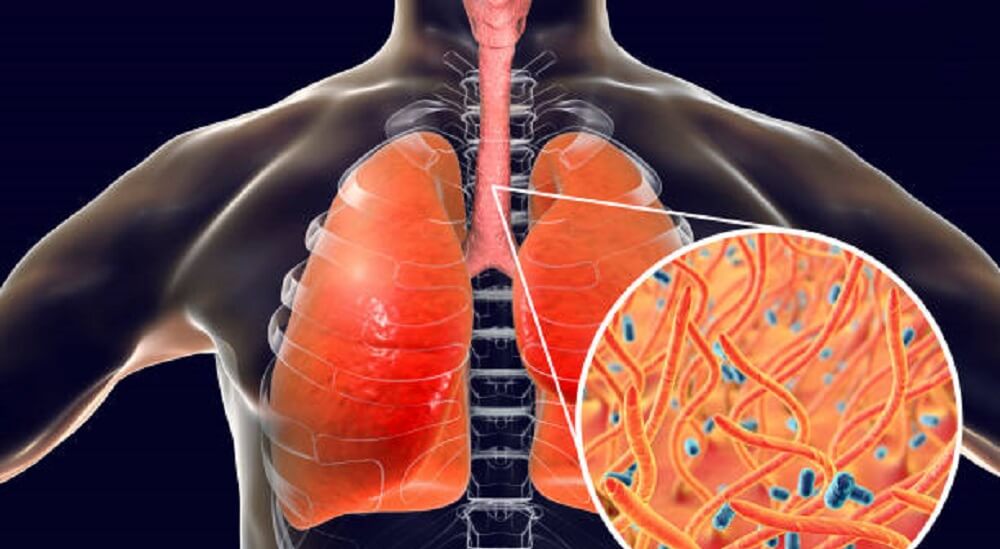Diphtheria: Death Toll Hits 600 In Kano, 5 Other States With 14,000 Confirmed Cases—NPHCDA
The National Primary Health Care Development Agency (NPHCDA) has reported a concerning surge in diphtheria cases across six states in the country, leading to 600 deaths and more than 14,000 cases.
The Executive Director of NPHCDA, Dr. Faisal Shuaib highlighted the gravity of the situation at the Review Meeting of the Northern Traditional Leaders Committee (NTLC) in Abuja.
Advertisement
The affected states, are Kano, Yobe, Katsina, Borno, Kaduna, and Bauchi, have been hit hard, with Kano alone accounting for over 10,000 cases.
Dr. Shuaib emphasized that a significant proportion of these cases, around 97 percent, occurred in these states, with 73 per cent of those affected being children aged 1 to 14, a group particularly vulnerable due to the lack of vaccinations.
Dr. Shuaib stressed the urgent need for community mobilization and public awareness to promote vaccination services.
He likened the contagious nature of diphtheria to that of COVID-19 and underlined the importance of preventive measures, such as wearing of face mask, hand hygiene, and maintaining distance from infected individuals, however, “we must be cautious to avoid stigmatizing or discriminating against those afflicted,” he noted.
Advertisement
He also commended the efforts of traditional leaders in these states in educating their communities about vaccination.
Dr. Shuaib reaffirmed the importance of routine vaccinations to curb the diphtheria outbreak
“One of his charges was to involve the NTLC in the response effort. I am happy to report that in my field visit across Borno, Yobe, Jigawa and Kano States, the Royal Highnesses have been up and doing engaging their communities to ensure they are well informed about the importance of vaccination.
“I extend my heartfelt appreciation to our Royal Fathers in the affected states for their unwavering support to the healthcare teams at all levels.
“But we must redouble our efforts in educating our communities about the vital importance of routine vaccinations.” He noted.
Advertisement
In addition to addressing the diphtheria crisis, Dr. Shuaib announced the rollout of HPV vaccines on October 24.
These vaccines are a part of the Federal Ministry of Health and Social Welfare’s comprehensive campaign to introduce HPV vaccines in schools and healthcare centers.
The inclusion of HPV vaccines in the vaccination programmes is a significant step in the nation’s mission to protect the health of the youth and prevent certain types of cancer.
He emphasized that this initiative is part of a three-pronged approach to eliminate HPV and reduce the incidence of cervical cancer, with early screening and quality management as the other components.
Dr. Shuaib expressed confidence in the Northern Traditional Leaders Committee (NTLC) to effectively disseminate accurate information about the HPV vaccine through community channels and educational institutions.
Furthermore, he called for collaboration between the State Primary Health Care Development Agencies and educational authorities to ensure a seamless introduction of HPV vaccines, leveraging traditional platforms to provide essential information to the public.
Advertisement
According to the World Health Organization (WHO), diphtheria is a bacterial infection caused by Corynebacterium diphtheriae, which primarily affects the mucous membranes of the throat and nose.
It is characterised by the formation of a thick, greyish coating in the throat that can lead to breathing difficulties and other severe complications.
Diphtheria is a vaccine-preventable disease, and WHO recommends immunization as a key strategy to control and eliminate it.



